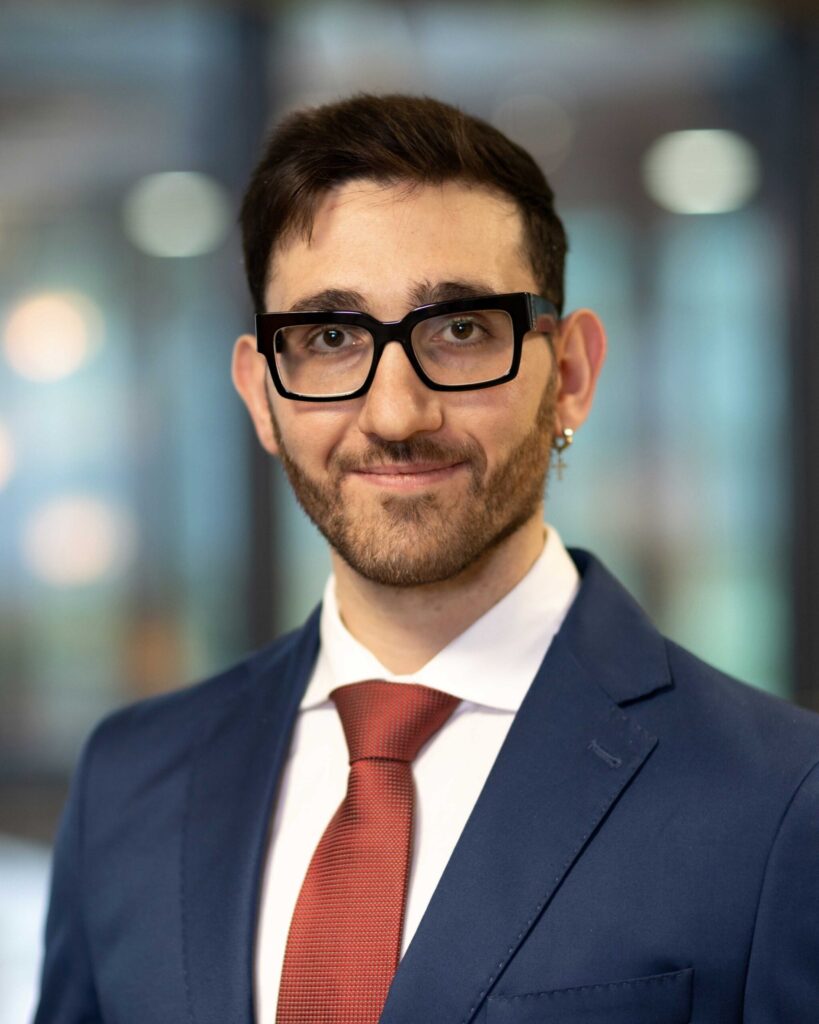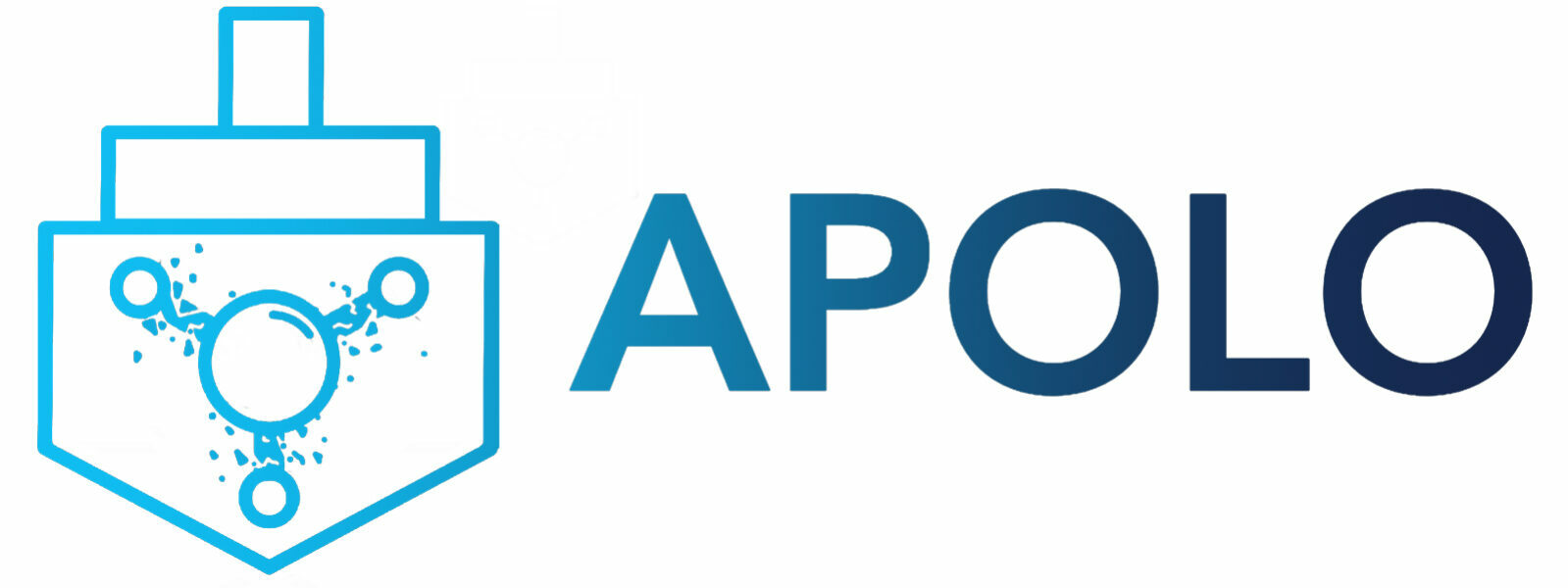
Roberto Fiorillo is a PhD Candidate at Eindhoven University of Technology.
In December 2020, he obtained his bachelor’s degree in Chemical Engineering from the Department of Industrial Engineering at the University of Salerno (Italy).
In December 2023, he completed his master’s degree in Chemical Engineering in the field of Energy and Sustainable Development with highest honours and cum laude. His thesis focused on the synthesis of ruthenium-based catalysts for the CO2 methanation process.
Specifically, he worked on nanostructured catalysts, focusing on their synthesis, characterization, and testing. One of the main objectives of his research was to synthesize highly performing catalysts using an innovative supercritical impregnation process.
The goal was to avoid the use of harmful, polluting, and difficult-to-dispose organic solvents by leveraging the high solvent power of CO2 at high pressure to carry out the impregnation process in a sustainable manner. Throughout this research, he prepared, characterized, tested, and compared catalysts synthesized through conventional techniques and those obtained via supercritical fluids. This experience not only refined his technical skills but also strengthened his passion for catalysis and sustainable innovation.
During his academic journey, he was also involved in several academic projects related to the synthesis and testing of catalysts for industrial applications. Among these, he focused the attention working on the synthesis of a cobalt-based catalyst supported on ceria-alumina for the steam reforming of bioethanol.
To enhance his professional development, he had the opportunity to deepen his knowledge through a study period at the Eindhoven University of Technology (TU/e), a renowned international academic institution. During his postgraduate internship at TU/e under the supervision of Professor Fausto Gallucci, he further explored heterogeneous catalysis, focusing on ammonia cracking as one of the most promising steps for hydrogen storage, where the catalysts will need to be implemented in a membrane reactor. In the initial part of the project, he focused on the characterization of a ruthenium-based catalyst supported on a metal oxide, which was later tested in a packed bed reactor. In the latter part, his work shifted towards kinetic modeling, aiming to develop a predictive model for the catalyst’s behaviour during the ammonia cracking reaction.
After completing his internship, driven by his passion for catalysis and the development of alternative pathways for the global energy transition, he pursued a Doctor of Philosophy at Eindhoven University of Technology.
Currently, he is actively involved in APOLO, which is project founded by the European Union on behalf of the Sustainable Process Engineering (SPE) research group, which is part of the Department of Chemical Engineering and Chemistry at Eindhoven University of Technology (TU/e).
His work contributes to the development of efficient and flexible ammonia cracking technology for decarbonizing the maritime sector.
The role of TU/e focuses on modeling of key components and processes for ammonia-based power conversion, including developing kinetic models for catalysts and sorbents, studying Pd-based membrane permeation mechanisms, and optimizing the integrated ammonia cracking system. The project aims to integrate advanced ammonia crackers with fuel cells and engines, demonstrating scalable and sustainable solutions to reduce greenhouse gas emissions in marine transportation.
